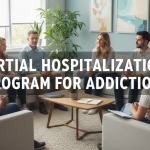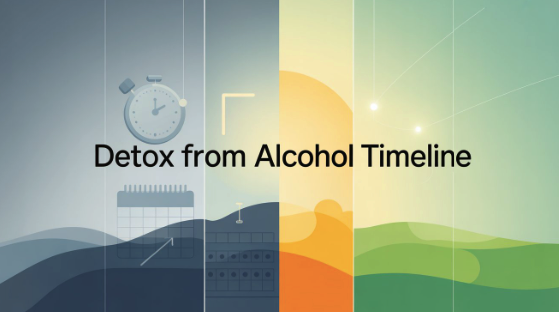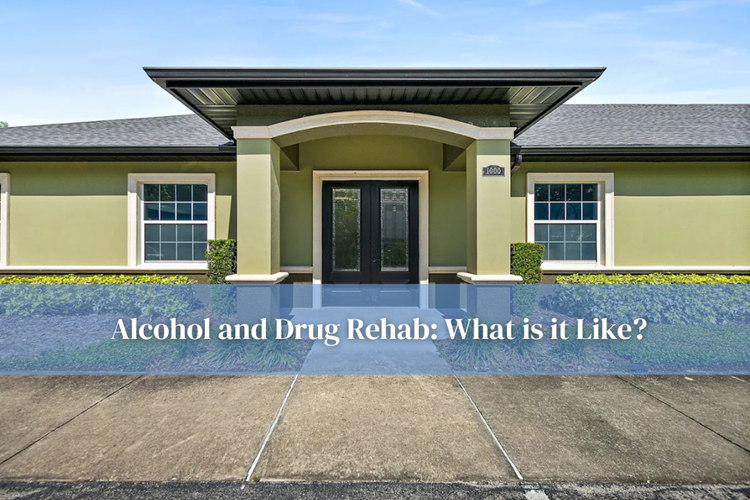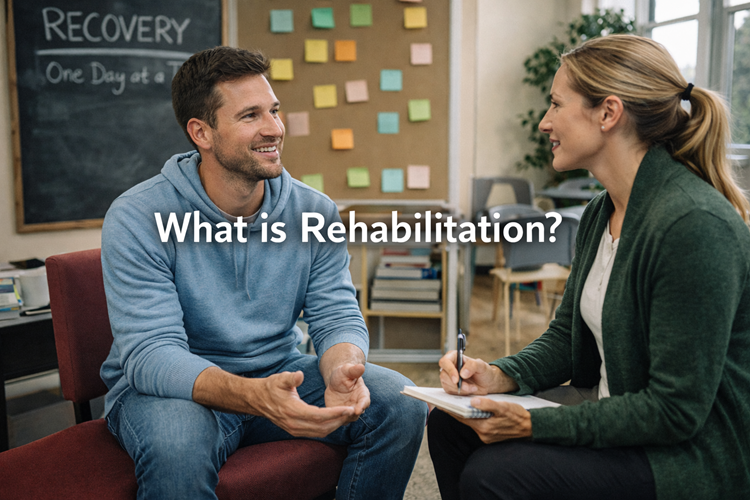Anxiety is a normal part of the human experience, a reaction to stress that can help us to get ready for danger. However, some people get anxious to the point that they feel anxious even if there is no reason. This is the point where anxiety becomes a mental illness. There is a class of anxiety disorders and one of the most typical of them is Generalized Anxiety Disorder (GAD).
What is Generalized Anxiety Disorder (GAD)?
GAD is defined as the persistent and excessive worry about several activities that are performed in daily life including work, health, relationships, and even routine tasks. Differences between GAD and other forms of anxiety disorders are that the latter has a specific cause or event that elicits the condition while GAD is characterized by ongoing anxiety with no apparent cause. GAD patients are usually unable to cope with their anxiety and this may cause them to have problems with their jobs, families, and other aspects of their lives.
Symptoms of GAD include:
- Persistent worrying about a wide range of concerns, even when there’s no clear reason to be anxious.
- Tension, anxiety or dubiousness, and feeling “on edge.”
- Inability to focus on an assigned task or activity and even note that your brain is always going blank.
- Irritability
- Muscle tension
- Problems with falling asleep or with staying asleep during the night.
- Physical symptoms such as tiredness, migraine, or a feeling of nausea.
Anxiety Treatment at Orlando Treatment Solutions
Comprehensive treatment for GAD is available at Orlando Treatment Solutions. If you or someone close to you has GAD they can get the help they need to overcome anxiety. Call us today to learn more about our treatment and how we will assist you in recovering from the disorder.
Causes and Risk Factors of GAD
The cause of Generalized Anxiety Disorder has not been conclusively established but studies indicate that GAD could be a result of several factors. These include:

- Genetic Predisposition: Those with affected first-degree relatives show they may be vulnerable to anxiety and related disorders, and likely to develop GAD. Research indicates that anxiety disorders can run in families, and are hereditary.
- Environmental Factors: Stressful life changes, trauma, and critical events such as a switch in a job, a breakup, or a move may precipitate GAD. Others are people who experienced abuse or adversity during childhood and may also be vulnerable to developing GAD in the future.
- Co-occurring Mental Health Conditions: It is also important to note that GAD is a comorbid condition with other mental health conditions including depression as well as other forms of anxiety disorders. Those with co-occurring disorders may have a harder time coping with anxiety without the assistance of a professional.
This knowledge of causes and risk factors for GAD has enormous importance in prescribing the right treatment and enabling people with GAD to handle it properly.
How is GAD Diagnosed?
The diagnosis of GAD is carried out with the help of anamnesis by a mental health care provider. Anxiety can be different and may be present in combination with other disorders, that is why diagnosis should be based on following DSM-5 criteria.
Some of the diagnostic criteria for GAD include:
- Obsessive-like seven per week heightened concern about several life aspects for at least 6 months.
- Inability to prevent the worry.
- The anxiety and worry are accompanied by symptoms such as restlessness, fatigue, difficulty concentrating, irritability, muscle tension, or sleep disturbance.
Specialists can also employ the Anxiety Questionnaire or any Screening Questionnaire to check the extent of anxiety and come up with the most appropriate treatment procedure of the case.
Treatment Options for GAD
As with most mental health disorders, there is no one way to treat GAD since every person’s experience with the condition is different. However, many evidence-based treatments exist to assist people in the prevention and decrease of symptoms of anxiety.
Therapy-Based Treatments
- Cognitive Behavioral Therapy (CBT): Cognitive behavioral therapy is one of the most commonly used and most successful treatments for GAD. This type of therapy works to assist clients in recognizing the irrational thought patterns that cause anxiety. In CBT patients get to understand ways of changing their thinking and behavior to manage stressors in a better way.
- Acceptance and Commitment Therapy (ACT): ACT in contrast, aims at working with the anxiety as a part of human experience and not against it. Cognitive techniques help people to observe and accept thoughts and feelings without criticism, and to act in accordance with personal values despite anxiety.
Medication for GAD
At times, the client may undergo both therapy and medication to get the best results. The medications usually given for GAD act on the symptoms to make them less severe by controlling the mood, decreasing anxiety and increasing relaxation.
This medication may be in the form of tablets or injections and the quantity to be taken depends on the severity of the symptoms and the doctor’s prescription. Although medications are useful tools in the treatment of the condition, they may be prescribed in conjunction with counselling and other changes to the patient’s lifestyle for the long-term treatment of the condition.
Holistic and Lifestyle Approaches
Besides treatment with medication and psychotherapy, holistic and lifestyle changes also have a big impact on the treatment of GAD. Some effective methods include:
- Mindfulness and Meditation: Mindfulness brings attention to the present moment and does not get carried away by thoughts.
- Exercise and Nutrition: Practical means include exercising to lower stress hormones such as cortisol and eating healthy food for the brain.
- Stress Management Techniques: The following techniques have been found useful in reducing anxiety: deep breathing, muscle relaxation, yoga, and other relaxation activities.
Living with GAD: Coping Strategies
Managing GAD is a long-term commitment, but several coping strategies can make day-to-day life easier:
- Building a Support System: It helps to turn to friends or family members or join support groups and share one’s experiences and feelings.
- Developing Healthy Routines: This means that people should take regular meals, sleep, exercise and work hours to help them combat feelings of anxiety which arise from lack of certainty.
- Managing Anxiety in Everyday Life: It is possible to minimize the symptoms by identifying the personal triggers that cause such symptoms, practicing certain relaxation techniques, and using positive affirmations.
Generalized Anxiety Disorder is a confusing and at times even debilitating condition, however, there are many ways of treating it. Learning about GAD and looking for the right help make it possible for people to get their anxiety under control and return to normal life.

If you or a loved one is suffering from GAD do not hesitate to seek professional help. At Orlando Treatment Solutions you will find a unique and holistic approach to solving anxiety disorder and constructing a new, positive outlook on life.



























